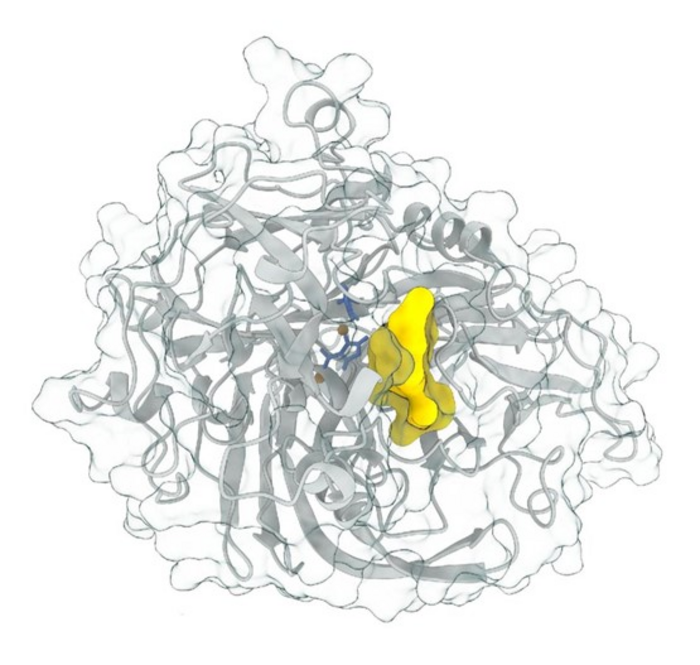A new study shows how plants “encode” specific chemistries of their lignin to grow tall and sustain climate changes: each plant cell uses different combinations of the enzymes LACCASEs to create specific lignin chemistries. These results can be used both in agriculture and in forestry for selecting plants with the best chemistry to resist climate challenges.

Credit: Picture made by Leonard Blaschek.
A new study shows how plants “encode” specific chemistries of their lignin to grow tall and sustain climate changes: each plant cell uses different combinations of the enzymes LACCASEs to create specific lignin chemistries. These results can be used both in agriculture and in forestry for selecting plants with the best chemistry to resist climate challenges.
Lignin is an important carbon sink for the environment as it stores about 30 percent of the total carbon on the planet. It allows plants to hydrate and reach tremendous heights up to 100 metres; without lignin, plants could not grow nor survive climate changes. At the cell level, specific lignin chemistries adjust the mechanical strength and waterproofing to support plant growth and survival.
Scientists at Stockholm University recently demonstrated that lignin has a chemical “code” that is adapted at the cell level to fulfill different roles in plants. How each cell “encodes” specific lignin chemistry however remained unknown. Researchers at the Department of Ecology, Environment and Botany (DEEP) at Stockholm University led by Edouard Pesquet, Associate-Professor in molecular plant physiology and senior author of the study, just showed that different enzymes called LACCASEs are used by each cell to adjust their lignin “chemical code” in order to resist stresses such as drought or wind. The study finally shows how lignin is spatially controlled at the nanometer level in each plant cell. The findings could be used in both agriculture and forestry to select plants with a lignin chemistry that better resist future climate challenges.
“The control of lignin chemistry at the cell level is ultimately the mechanism enabling plants to grow, hydrate and resist climate change stresses. These results finally demonstrate how lignin chemistry is controlled and open great possibilities to select plants upon their lignin code to improve crops and trees resistance to water availability problems”, says Edouard Pesquet.
The study Different combinations of laccase paralogs non-redundantly control the lignin amount and composition of specific cell types and cell wall layers in Arabidopsis by Blaschek et al. is published in the journal The Plant Cell.
Contact:
Leonard Blaschek, former PhD student at DEEP and current EMBO fellow at the University of Copenhagen, [email protected]
Edouard Pesquet, Associate-Professor at DEEP, mail [email protected]
Journal
The Plant Cell
DOI
10.1093/plcell/koac344
Article Title
Different combinations of laccase paralogs non-redundantly control the lignin amount and composition of specific cell types and cell wall layers in Arabidopsis




